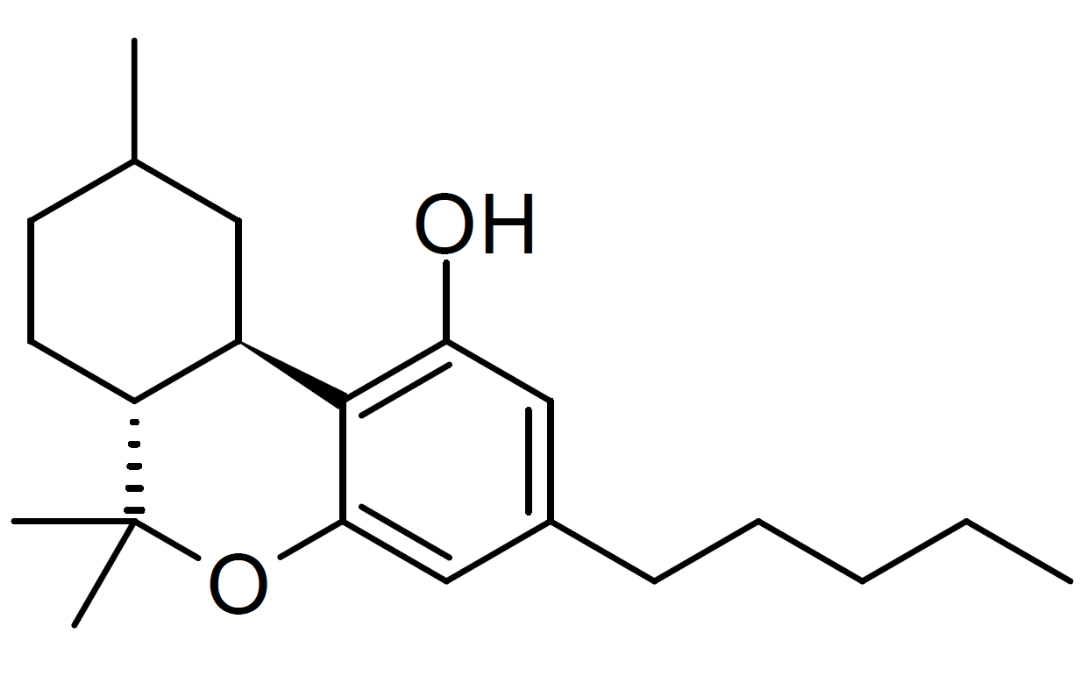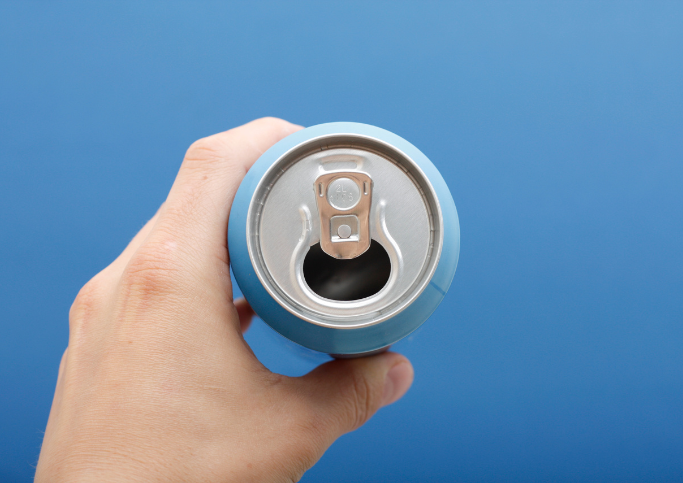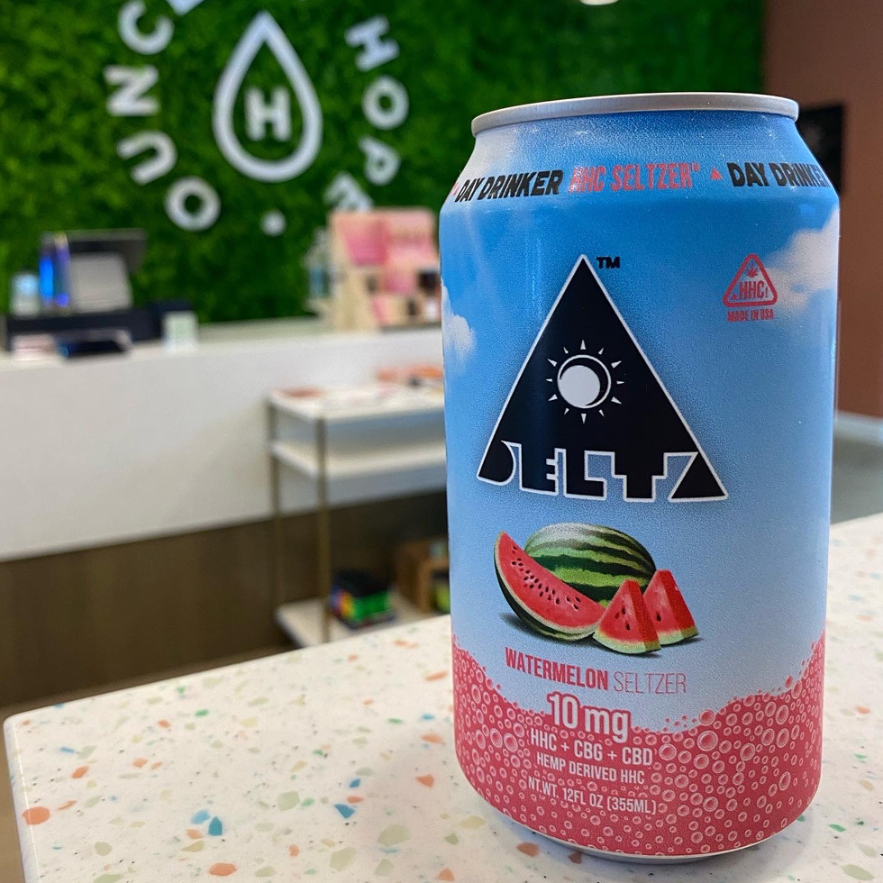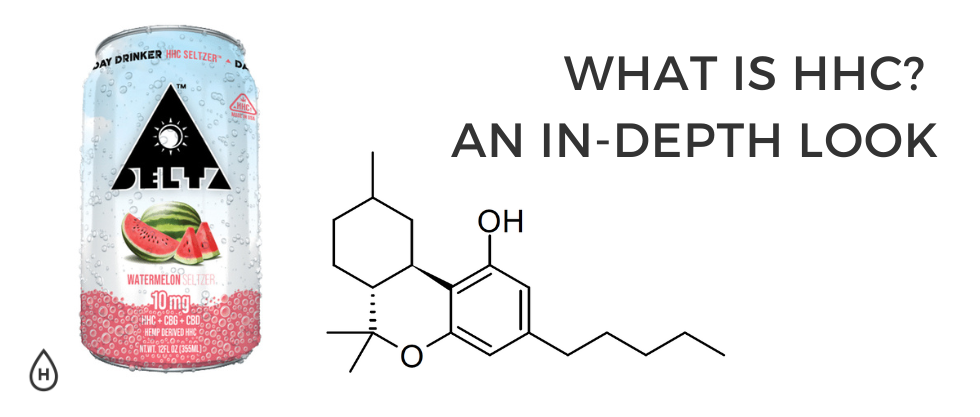The world of cannabis is constantly growing. With each new year, the ever-evolving face of marijuana goes further under the microscope to divulge its secrets. Of course, the most talked about facet in cannabis research circles the topic of THC and its derivatives.
Thanks to the growing interest in cannabis compounds and the sweeping acceptance it has received in many states, we’re constantly discovering more information about THC and its numerous variations. That information includes naturally occurring variations and cannabinoids born only through precise, specific conditions.
Subcategories such as delta-8 THC, delta-9 THC, THCa, and many others have made their way into the public sphere in recent years, but that is only a fraction of the numerous compounds found within cannabis.
A new compound in the limelight is HHC (hexahydrocannabinol). HHC has been known since the 1940s but has stayed relatively obscure since it is not a completely natural occurrence.
What is HHC? Where and how do you buy it? There are a lot of questions surrounding this compound, and today we look to dive deeper into the information well on HHC.
What is HHC?
Much like its THC counterparts, HHC is a compound derived from the cannabis plant. However, unlike its THC counterparts, HHC isn’t found in abundance as a natural occurrence. HHC needs artificial alteration to exist at levels that make extraction cost-effective.
What is HHC? Hexahydrocannabinol is already established as a compound, even though it’s only getting attention on a larger scale now. HHC was discovered in the 1940s by a chemist named Roger Adams.
In his research, he added two hydrogen atoms to THC, which replaced its double bonds and made the overall compound more stable. The process used to do this is known as hydrogenation. Hydrogenation utilizes a catalyst such as nickel or palladium and large amounts of pressure to add hydrogen to THC.
Aside from becoming more stable, there are a few other notable benefits to the hydrogenation process. A few of note are the increased shelf life, better heat resistance, and UV resistance.
What Does HHC Look Like in Products?
A great example of the cannabinoid on the market is our very own products. Specifically, we currently have an HHC-infused beverage that’s only getting more popular.
Called the Delta Day Drinker Watermelon HHC Seltzer, you don’t have to feel bad about drinking throughout the day now. Not a drinker? You can still mingle at parties with a beverage that’ll make you feel good, but not drunk. It’s the best of both worlds when it comes to cannabis beverages!
Is it Psychoactive?
The properties of the cannabinoid are a bit tricky. While HHC has the potential to provide a psychoactive effect like its THC counterparts, not all HHC is equally capable. In addition, HHC has two variations when created, an active and inactive state.
Active HHC can bind to the endocannabinoid receptors just like regular THC. The inactive counterpart, however, does not share the ability.
There isn’t a convenient way to separate the two forms of hexahydrocannabinol, so the high potency content tends to be mitigated by its low potency brethren in each manufactured batch. That means that it is commercially available. Yes, as long as it is a suitable batch.
What Does an HHC High Feel Like?
When it comes to enjoying HHC for a psychoactive effect, most people want to know how well it stacks up compared to its well-known cousins. So what does an HHC high feel like — how does an HHC high feel? Let’s take a closer look and find out.
Unsurprisingly, hexahydrocannabinol has a body and mind feel similar to THC variants such as Delta-8 and Delta-9. However, most users place HHC between the two and describe its impact as more relaxing than stimulating.
Some users report the relaxing feeling as intensely euphoric and, depending on preference, is considered a great way to start or end a day.
Most people report that HHC highs are very gradual in onset. Its effects are compared more to delta-8 than delta-9 THC due to the more mild impact and lack of negative feelings such as paranoia and anxiety.
The New Cannabinoid Experience
As far as the whole HHC experience is concerned, the make-up of HHC is tricky. Even though HHC itself isn’t technically a THC compound, it does have similar effects when you use enough.
Each batch of HHC created in a lab contains both inactive and active versions of hexahydrocannabinol. The active molecules bind to THC receptors in your endocannabinoid system the same as THC, while the in-active ones fail to.
Most people who have tried HHC report its effects to fall between delta-8 and delta-9 as far as overall intensity goes. Nevertheless, the mid-level strength makes it a good option for anyone trying to find a mellow, energetic high that doesn’t make you want to melt into the couch when you use it.
The only real downside so far seems to be that effects are anecdotal. There hasn’t been a time in HHC’s short life to have extensive research dedicated to its effects, especially in the medical field. Hence, it relies heavily on feedback from users pioneering the compound.
The production method used to make HHC also suffers one major hangup. The development of HHC produces active and inactive versions of the compound, and there isn’t a feasible, cost-effective method to separate them. As a result, each batch can vary in potency depending on how much you generate of either type.
 What are the Benefits of HHC?
What are the Benefits of HHC?
Even though the research on HHC is limited, studies around its medicinal benefits exist. For example, one study from 2010 looked into the long-term effects on rats. The study is the only fundamental research concerning HHC and its properties to date, but it’s still a positive start in researching this relatively new compound.
In the study, researchers observed befits to last a considerable amount of time once the rats metabolize the cannabinoid. The findings were similar to THC, which isn’t surprising given that it’s is a stabilized form of THC.
Some of the benefits looked into in the study include:
- Anxiety Relief
- Relaxation
- Euphoria
- Reduced Inflammation
- Alleviation of Nausea and Vomiting
- Improved sleep
With all of this in mind, it’s easy to assume it’s a fit for those looking for the recognized benefits of THC without the heavy impact associated with things like Delta-9. However, how appropriate it is to switch to HHC is still up to user discretion. There are no complete long-term studies on people at this time.
As with any cannabis compound, start with a low dose of around 2-5mg. Moderation is best to see how well you respond to the cannabinoid.
Is HHC Legal?
With each new compound derived from cannabis or hemp comes the big question of legality. So, is HHC Legal? Currently, HHC still occupies the legal gray zone created by the 0218 farm bill. HHC is intentionally created from hemp and CBD, so it doesn’t have a THC content that breaks the law.
Even though hemp is mainly known for producing a large amount of CBD, it also produces many other cannabinoids. HHC is produced using these trace cannabinoids. Originally HHC research had reached a standstill as it can just be produced quickly in a lab setting.
However, seeing as HHC is considered a “legal” THC analog, interest in its production and application has returned to the front of consumer attention. With protection under the hemp banner, HHC is becoming another mass market cannabis product that takes the form of tinctures, gummies, flower, and vape oil.
As long as HHC continues to be derived from cannabinoids found in legal hemp, the law will cover it as legal until otherwise noted.
Wrapping Up
HHC might not be the newest formulation to derive from THC, but it’s only now finding its place in the public eye. Even though clinical research on HHC might still be in its infancy, that hasn’t stopped many from trying it themselves to see how well it works.
Hexahydrocannabinol may not be THC in a traditional sense, but it’s still a THC analog with increased stability so many overlapping effects can be expected. The overlapping qualities include benefits like nausea reduction, anxiety relief, and reduced inflammation.
HHC is currently protected by the 2018 farm bill the same way CBD and other cannabinoids are since it doesn’t require delta-9 THC to produce.
Overall, HHC seems to produce similar effects to delta-8 and delta-9 THC while lacking many adverse side effects associated with traditional delta-9. However, data on its strength and effects rely on user-driven reports, as clinical research surrounding the compound is still in its infancy.
Much like the plethora of other hemp-generated cannabinoids on the market, it’s best to start low and slow with HHC to ensure it is right for you. Take your time trying new compounds and talk to your general practitioner to see if HHC is safe and suitable for you.
Then, give our seltzer a try. You won’t be sad you did!
Sources:
https://www.ncbi.nlm.nih.gov/pmc/articles/PMC3650853/
https://www.brookings.edu/blog/fixgov/2018/12/14/the-farm-bill-hemp-and-cbd-explainer/

